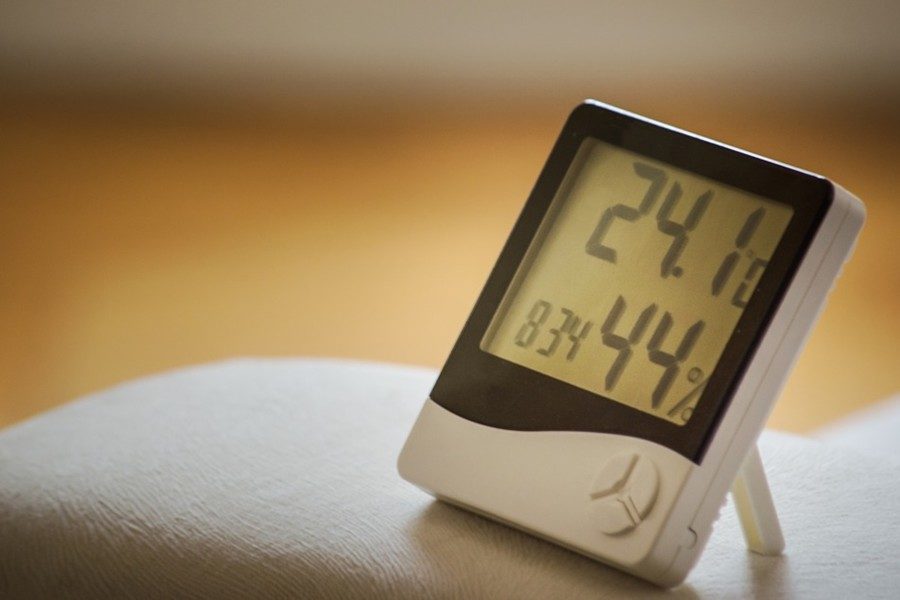Nothing to snooze at
Far too many students hit snooze, thinking it will make them less tired.
October 24, 2017
Beep! Beep! Beep! The alarm is going off, but I don’t want to get up, so I decide to hit the snooze button to get some more sleep.
Five minutes later it goes off again. I didn’t get enough sleep last night so I hit it again. And again!
Many students live by the snooze button, but studies show that using the snooze isn’t healthy or good for your body. A recent article in the Huffington Post said the body needs some time to get you ready to wake up, but when you let yourself go back to sleep, your body thinks, “False alarm! I guess I didn’t need to do anything, because we’re not getting up after all.” Once the body settles in, when the buzzer goes off the second and third time your body and brain are taken by surprise
Many B-A students say hitting the snooze button is part of their every morning routine. They say they use it for more sleep, and if they didn’t hit it they would be more tired.
Many students said that they hit it four or more times. Others report that they hit the snooze button anywhere between two to twenty times.
“I do hit the snooze in the morning. I get up at 6, so if I didn’t hit the snooze button I would be more tired. I set the snooze and hit it at least four times because I want more sleep,” freshman Alexis Noel said.
The problem is the snooze button doesn’t actually make you less tired. It makes you more tired. In 2014 the American Academy of Pediatrics said most teens are going to school without enough sleep,
“If I had to count, I hit it like five times in the morning before getting up at 5,” said freshman Mikayla Rodlain. “I set it to get more sleep, but if I didn’t set it I think I would be more refreshed.”
“I hit the snooze multiple times because I don’t want to get up,” said Hannah Williams. “I want just a little more sleep before I get up in the morning.”
Other students say they don’t hit the snooze in the morning, despite getting up as early as 4 a.m. in some cases.
The problem is when you hit snooze your body no longer knows when to start feeling tired, as it would if you had a set time everyday for waking up and going to bed.
Some solution the students can do aside from hitting the snooze button, you can go to bed earlier or put the alarm clock further away from your bed so when your alarm goes off you have to get out of bed in order to turn it off
Kids that hit the snooze button more than once are probably tired because they go to sleep late at night or when they hit the snooze they don’t get up and eventually go back to sleep until the alarm goes off again.
















